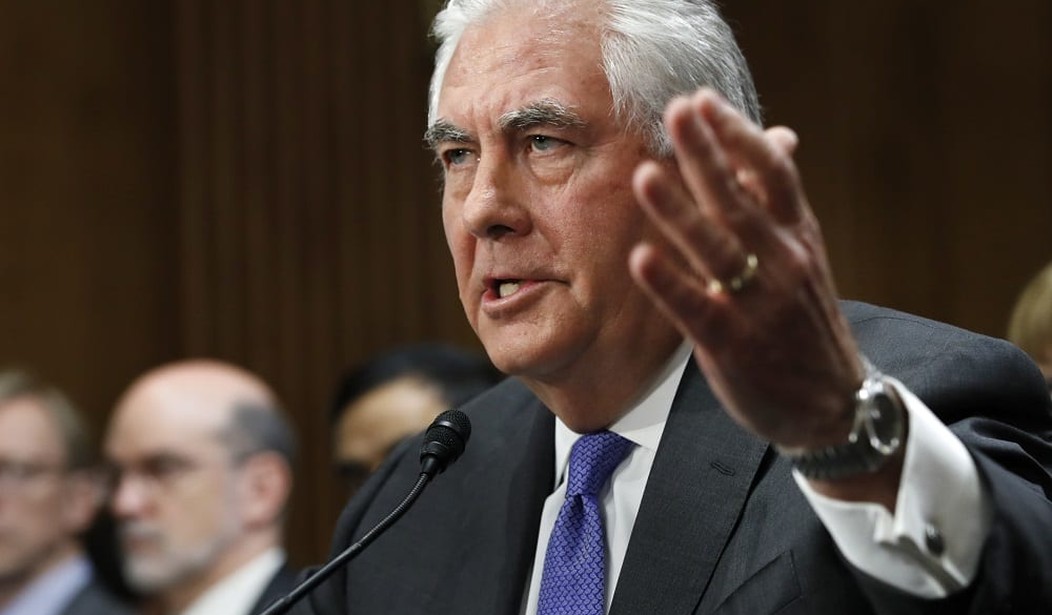Timing. Optics. They matter.
On Thursday, with a bipartisan vote of 98 – 2, the Senate approved a measure that would put stiffer sanctions on Russia, and would also limit the powers of the president to lift those sanctions.
Only Senators Rand Paul and Bernie Sanders voted against it.
The White House plans to work with Republican senators in an effort to “tweak” the bill, giving back some of that power to the administration. They would prefer the freedom to ease sanctions on Moscow, if they deem it appropriate.
Democrats are concerned that if allowed, the administration will scale the measure too far back.
From POLITICO:
Ohio Sen. Sherrod Brown, who helped negotiate the sanctions package as the Banking Committee’s top Democrat, told POLITICO he has heard the Trump administration is reaching out to House members “to slow it, block it.”
“This is not something the administration is calling for us to do,” Brown said. “I applaud the courage of a number of my Republican colleagues who said no to the administration and did the right thing for the country to keep a foreign power out of our elections.”
The Senate’s Russia sanctions agreement, crafted by senior members of both parties, would impose new penalties on Moscow’s defense, military intelligence, and energy sectors, among others. The deal also would convert existing sanctions into law, potentially complicating any removal by the White House, and allow Congress to block Trump from easing or ending sanctions with a two-thirds majority vote.
The talk of Trump possibly vetoing the bill has been brought up, but it’s not something anyone expects to happen, at this time.
Senate Foreign Relations Chairman Bob Corker (R-Tenn.) predicted earlier this week that Trump would not veto any sanctions package that reached his desk. Hailing the Senate deal’s impact after its passage, Corker tweeted that the Russia measure “marks a significant shift of power back to the people’s representatives, a priority of mine since becoming the lead Republican on” his committee.
Secretary of State Rex Tillerson spoke against the sanctions earlier this week, suggesting that they might damage the working relationship between the U.S. and Russia, as it relates to dealing with terrorism.
The Senate made a veto threat somewhat more difficult by attaching its Russia package to an Iran sanctions bill that boasts support on both sides of the aisle and in the administration. Should the House take a different approach to Trump’s Moscow policy, the lopsided vote in the upper chamber likely would give the Senate a strong position heading into any conference talks.
And apparently it really is an issue. They’re concerned that the White House might veto the bill.
To date, however, support on both sides of the aisle is strong, as lawmakers seek to send a clear message to Moscow, that interfering in U.S. elections will not be tolerated.














Join the conversation as a VIP Member